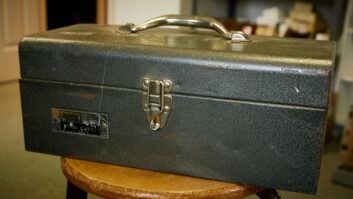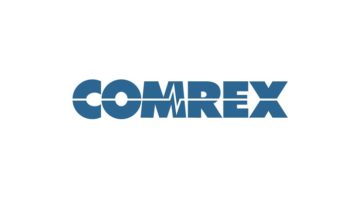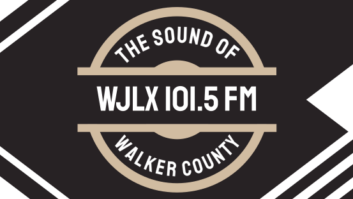This field of work has provided an honest way to make a living and wonderful time spent creating ‘epics’ in my little studio.
For 38 years I’ve produced a weekly broadcast, “Collectible Classics: the Music of America 1920s–1950s.” I love my little studio operation, and RW editor Paul McLane suggested I share a few thoughts about it.

Lou Dumont. The handwritten note on the photo says ‘1949 Birthday Boy.’ Courtesy Old Time Radio Catalog
The broadcasts are heard in the Monadnock region of New Hampshire over WZBK(AM). For seven years I produced a similar afternoon drive-time broadcast here on Cape Cod on WFCC(FM) in Chatham.
The 55-minute “little show” is assembled, researched and produced in a small studio in our home. The equipment is vintage. A Shure M67 mixer feeds a Sony MiniDisc recorder for production. The “air product” is dubbed to CD and mailed to the station. A turntable capable of playing 78s, LPs and electrical transcriptions helps to bring back the great sounds of the performers and musicians of the 1930s and 1940s.
When I reach back to older tapes, I’m aided by reel-to-reel machines including those manufactured by Webster-Chicago (Webcor). A Webcor wire recorder might be pressed into service once in a while. The computer allows me to play CDs through the Shure mixer.
Research books include discographies by British author Brian Rust and American musicologist Roger D. Kinkle. The Internet has been helpful in research, as have members of the Association for Recorded Sound Collections.
I walked into my first radio job in the summer of 1943. Winslow Bettinson was the program director for radio station WHEB(AM) in the New Hampshire seacoast town of Portsmouth. He taught me how to use the vintage RCA turntables. Your timing had to be just right, allowing three turns of the table while you were finishing your intro.
On Aug. 23, 1943, I debuted with a10-minute spot featuring Decca recordings made by the Four Ink Spots. I would cue up the discs with insufficient time for the turntable motor to get “up to speed.” As a result, my first listeners would hear the guitar intro “wowing in.”
After a few more such rookie announcer mistakes, I made it. It was my entry into a field of work that has provided an honest way to make a living and wonderful time spent creating “epics” in my little studio.
Lou Dumont
Producer
“Collectible Classics”
Harwich, Mass.












